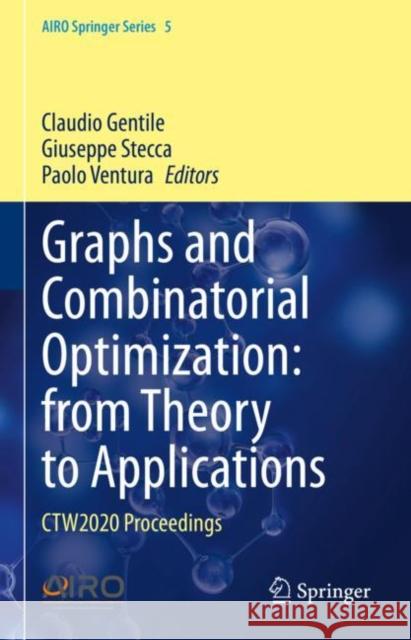Graphs and Combinatorial Optimization: From Theory to Applications: Ctw2020 Proceedings » książka
topmenu
Graphs and Combinatorial Optimization: From Theory to Applications: Ctw2020 Proceedings
ISBN-13: 9783030630713 / Angielski / Twarda / 2021 / 413 str.
Graphs and Combinatorial Optimization: From Theory to Applications: Ctw2020 Proceedings
ISBN-13: 9783030630713 / Angielski / Twarda / 2021 / 413 str.
cena 201,24
(netto: 191,66 VAT: 5%)
Najniższa cena z 30 dni: 192,74
(netto: 191,66 VAT: 5%)
Najniższa cena z 30 dni: 192,74
Termin realizacji zamówienia:
ok. 22 dni roboczych.
ok. 22 dni roboczych.
Darmowa dostawa!
Kategorie:
Kategorie BISAC:
Wydawca:
Springer
Seria wydawnicza:
Język:
Angielski
ISBN-13:
9783030630713
Rok wydania:
2021
Wydanie:
2021
Numer serii:
000847477
Ilość stron:
413
Waga:
0.85 kg
Wymiary:
23.88 x 19.56 x 2.29
Oprawa:
Twarda
Wolumenów:
01











